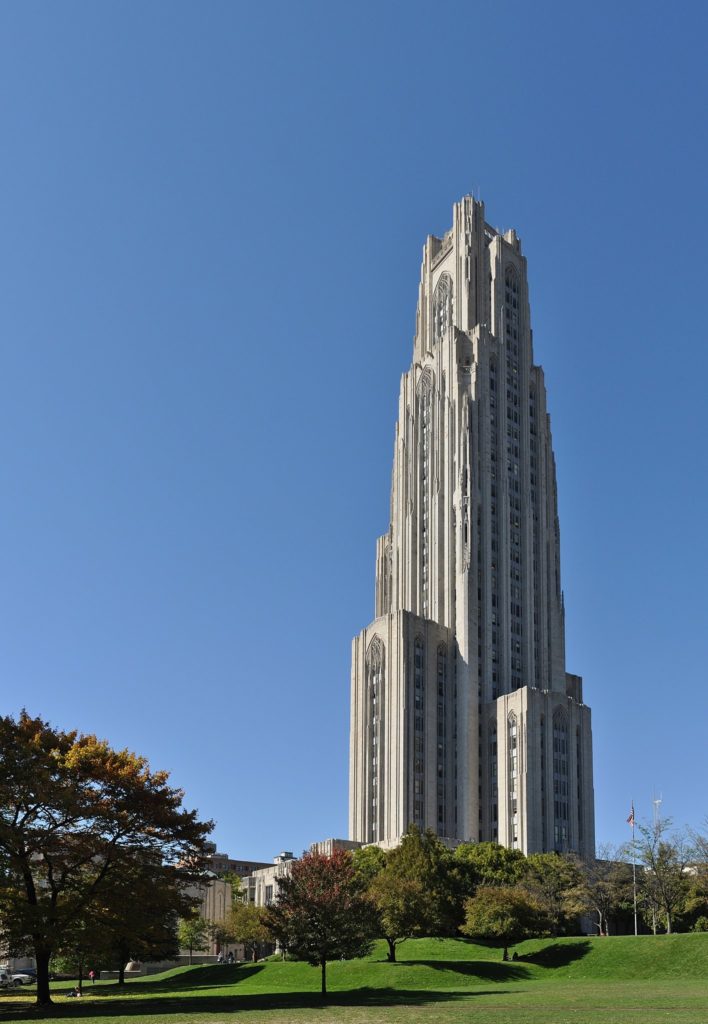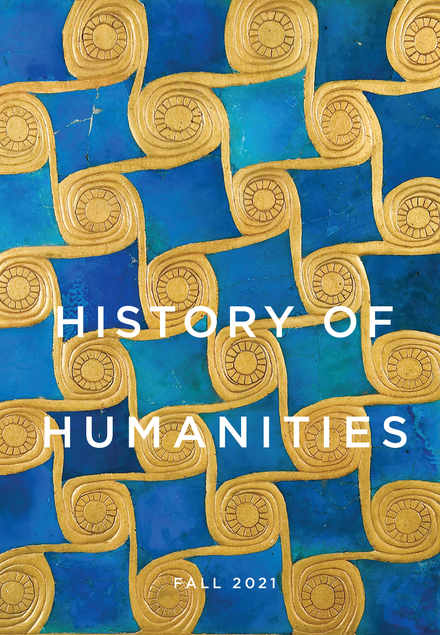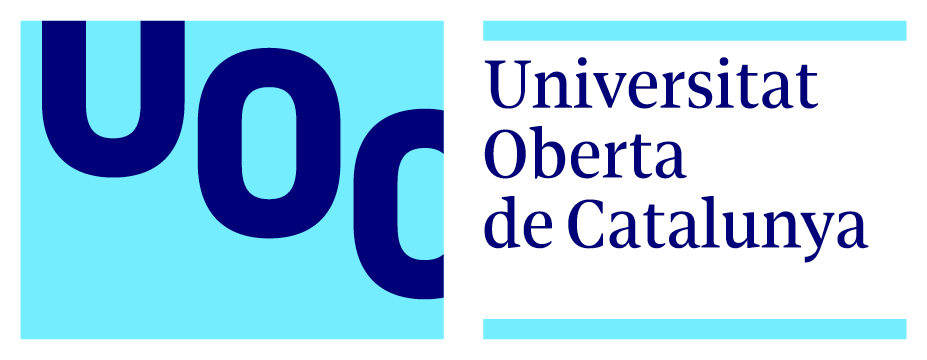Pittsburgh, November 3-5, 2022
After several requests and due consideration, we have decided to turn the 10th Making of the Humanities conference into an online meeting, from 3 till 5 November 2022.
The submission deadline has been extended to 1 July 2022.

Goal of the Making of the Humanities (MoH) Conferences
The MoH conferences are organized by the Society for the History of the Humanities and bring together scholars and historians interested in the history of a wide variety of fields, including archaeology, art history, historiography, linguistics, literary studies, media studies, musicology, and philology, tracing these fields from their earliest developments to the modern day.
We welcome panels and papers on any period or region. We are especially interested in work that transcends the history of specific humanities disciplines by comparing scholarly practices across disciplines and civilisations.
Please note that the Making of the Humanities conferences are not concerned with the history of art, the history of music or the history of literature, and so on, but instead with the history of art history, the history of musicology, the history of literary studies/philology, etc.
Keynote Speakers MoH-X
Kathleen Fitzpatrick, Michigan State University
Eric Hayot, PennState College of the Liberal Arts
Paper Submissions
Abstracts of single papers (30 minutes including discussion) should contain the name of the speaker, full contact address (including email address), the title and a summary of the paper of maximally 250 words. For more information about submitting abstracts, see the submission page.
Deadline for abstracts: 1 July 2022
Notification of acceptance: August 2022
Panel Submissions
Panels last 1.5 to 2 hours and can consist of 3-4 papers and possibly a commentary on a coherent theme including discussion. Panel proposals should contain respectively the name of the chair, the names of the speakers and commentator, full contact addresses (including email addresses), the title of the panel, a short (150 words) description of the panel’s content and for each paper an abstract of maximally 250 words. For more information about submitting panels, see the submission page.
Deadline for panel proposals: 1 July 2022
Notification of acceptance: August 2022
Conference fee
There will be NO conference fee, but each presenter needs to be a member of the Society for the History of the Humanities ($30 for PhD students, $60 for others). Membership includes subscription to the journal History of Humanities. Click here to become a member of SHOH.
Organization
Local Organizing Committee: Christopher Drew Armstrong (Pitt), David Lachlan Marshall (Pitt), Carla Nappi (Pitt), David Shumway (CMU)
Program Committee: International Board of the Society






